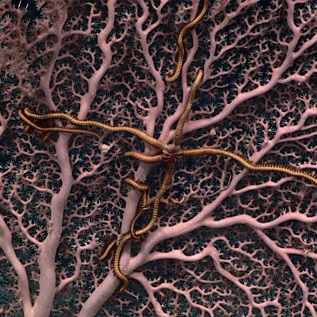Ocean Science Series: Redistribution of Fish Catch by Climate Change
Global climate change is expected to affect marine fisheries productivity because of changes in water temperature, ocean currents and other ocean conditions. Marine fisheries are an important food source, and changes in the total amount or geographic distribution of fish available for catch could affect food security. Changes in marine food supply due to climate change, however, were previously unknown.
William Cheung and his coauthors used models that linked ocean conditions with the geographic range of species to predict changes in potential catch under low and high greenhouse gas emissions scenarios. They found that globally, the maximum total catch potential in the year 2055 remained essentially unchanged from current levels under both scenarios. But catch potential changed within regions, and the magnitude of that change was greater under the high emissions scenario. In general, maximum possible catch increased at higher latitudes and decreased in the tropics, which tend to be the most socioeconomically vulnerable areas. The authors conclude that this change may have large implications for global food security. This Pew Ocean Science Series report is a summary of the scientists' analysis.













